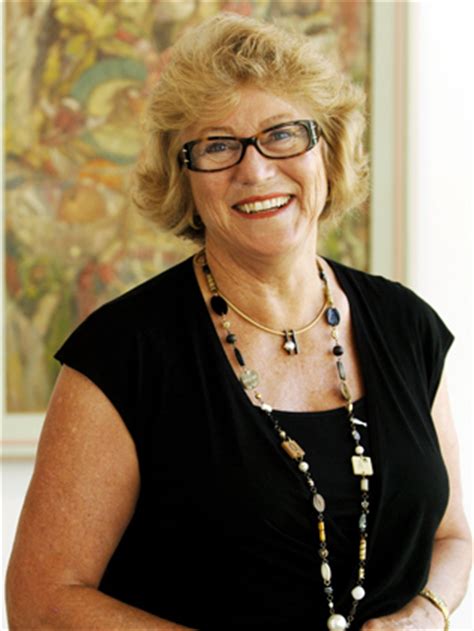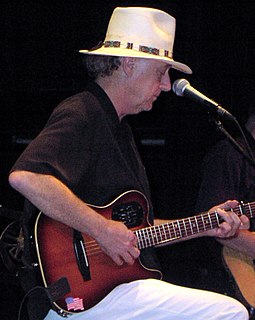A Quote by Plato
Was not this ... what we spoke of as the great advantage of wisdom -- to know what is known and what is unknown to us?
Related Quotes
You know the known, so go a little into the unknown. The mind that is caught up in the known - extended a little beyond reason. The moment you go beyond , you move in the soul. Releasing the bondage of your mind to extend further, reach the unknown a little more. The further you go, you realize that the known is limited and the unknown is vast.
I have known several persons of great fame for wisdom in public affairs and councils governed by foolish servants. I have known great ministers, distinguished for wit and learning, who preferred none but dunces. I have known men of valor cowards to their wives. I have known men of cunning perpetually cheated. I knew three ministers who would exactly compute and settle the accounts of a kingdom, wholly ignorant of their own economy.
In detachment lies the wisdom of uncertainty...in the wisdom of uncertainty lies the freedom from our past, from the known, which is the prison of past conditioning. And in our willingness to step into the unknown, the field of all possibilities, we surrender ourselves to the creative mind that orchestrates the dance of the universe.
We all have within us a deep wisdom, but sometimes we don't know we have it. We live in a culture that doesn't acknowledge or validate human intuition and doesn't encourage us to rely on our intuitive wisdom. Much of the Western world emphasizes rationality and reason, but overlooks or ignores the enormous value of intuition and instinctive wisdom.
You know, my father was a great encouragement for me because he spoke out for women's rights, he spoke out for girl's education. And at that time I said that why should I wait for someone else, why should I be looking to the government, to the army that they would help us? Why don't I raise my voice, why don't we speak up for our rights?









































